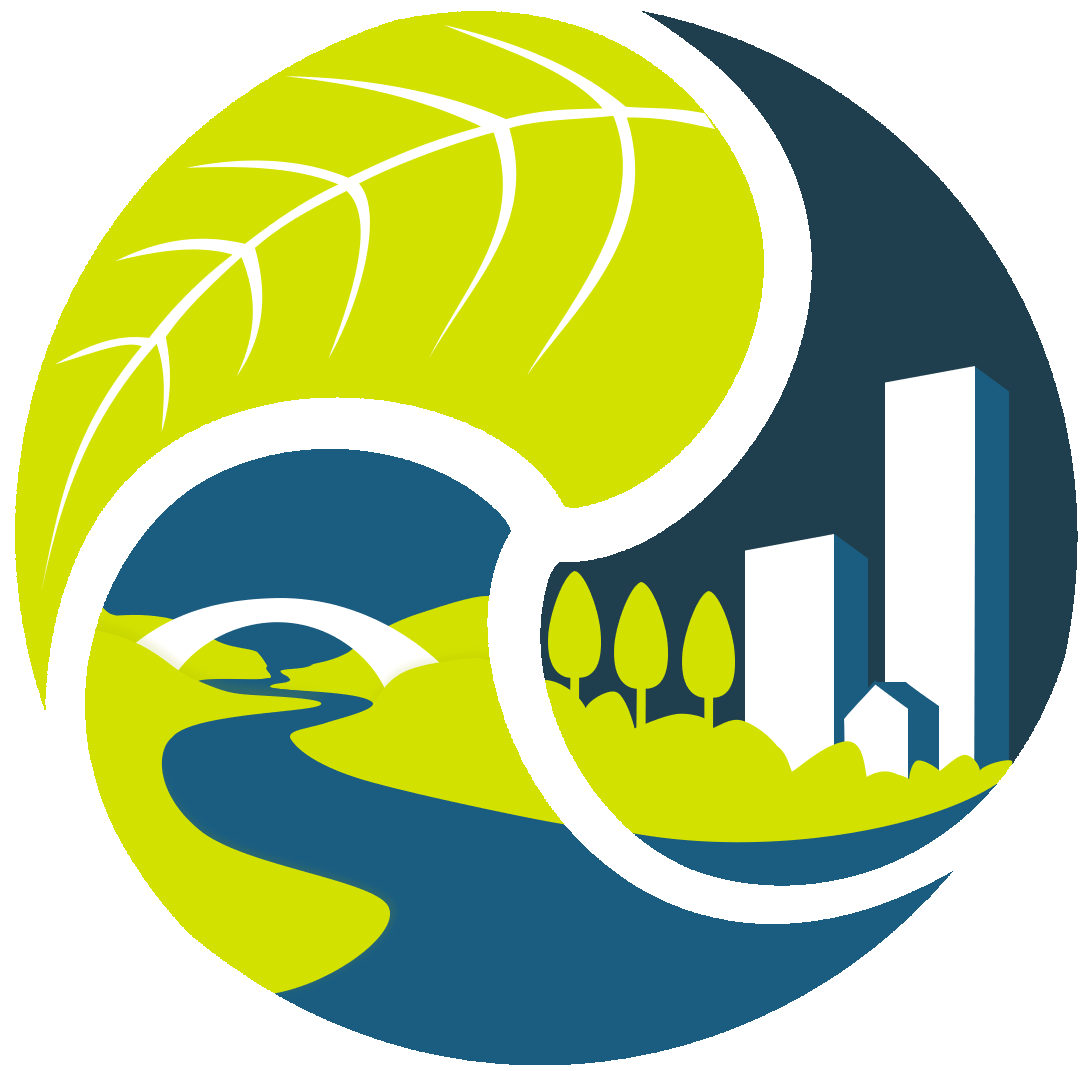Definitions for Axis 3
Interdisciplinarityanalyzes, synthesizes and harmonizes links between disciplines into a coordinated and coherent whole.
Sustainability represents well-being as integratively identified in social, economic, and environmental domains.
Sustainability scienceis an emerging field of research dealing with the interactions between natural and social systems, and with how those interactions affect the challenge of sustainability. It consists in meeting the needs of present and future generations while substantially reducing poverty and conserving the planet’s life support systems. It is defined by the problems it addresses rather than the disciplines it employs to provide a critical framework for sustainability.
Socio-ecosystems (SES) are interdependent and linked adaptive systems of people, including economy, technology and the humanities, and nature that are nested across scales.
Sustainability transition is a fundamental, system-wide reorganization shift across technological, economic and social factors, including paradigms, goals and values, that fundamentally modifies human and environmental interactions and feedbacks to help advance transition to sustainable and equitable societies around the globe.
Sustainability education is education of academics and practitioners that encourages changes in knowledge, skills, values and attitudes to enable sustainability transition. It allows to share, critique, and promote research, practices, and initiatives that foster the integration of economic, ecological, and social-cultural dimensions of sustainability within formal and non-formal educational contexts.
Resilience is the ability to prepare and plan for, absorb, recover from, and more successfully adapt to adverse events.

